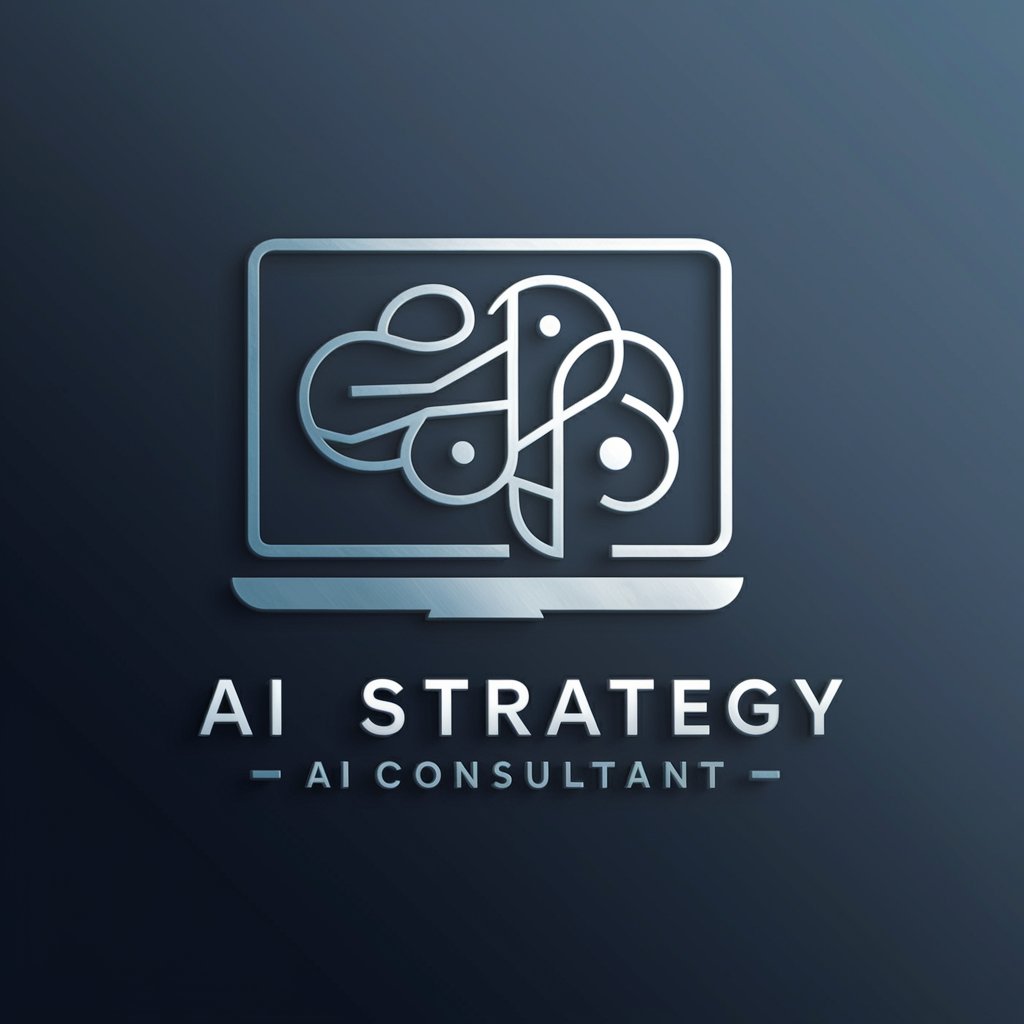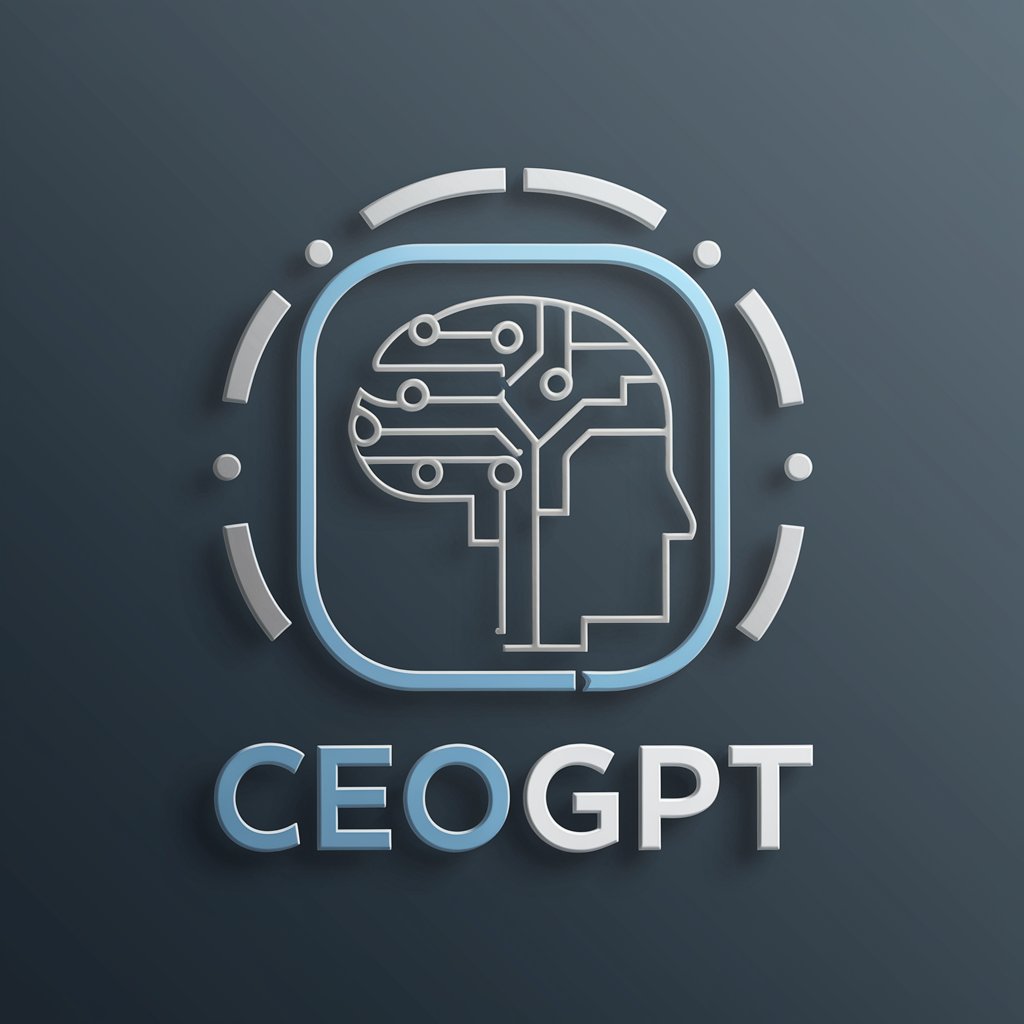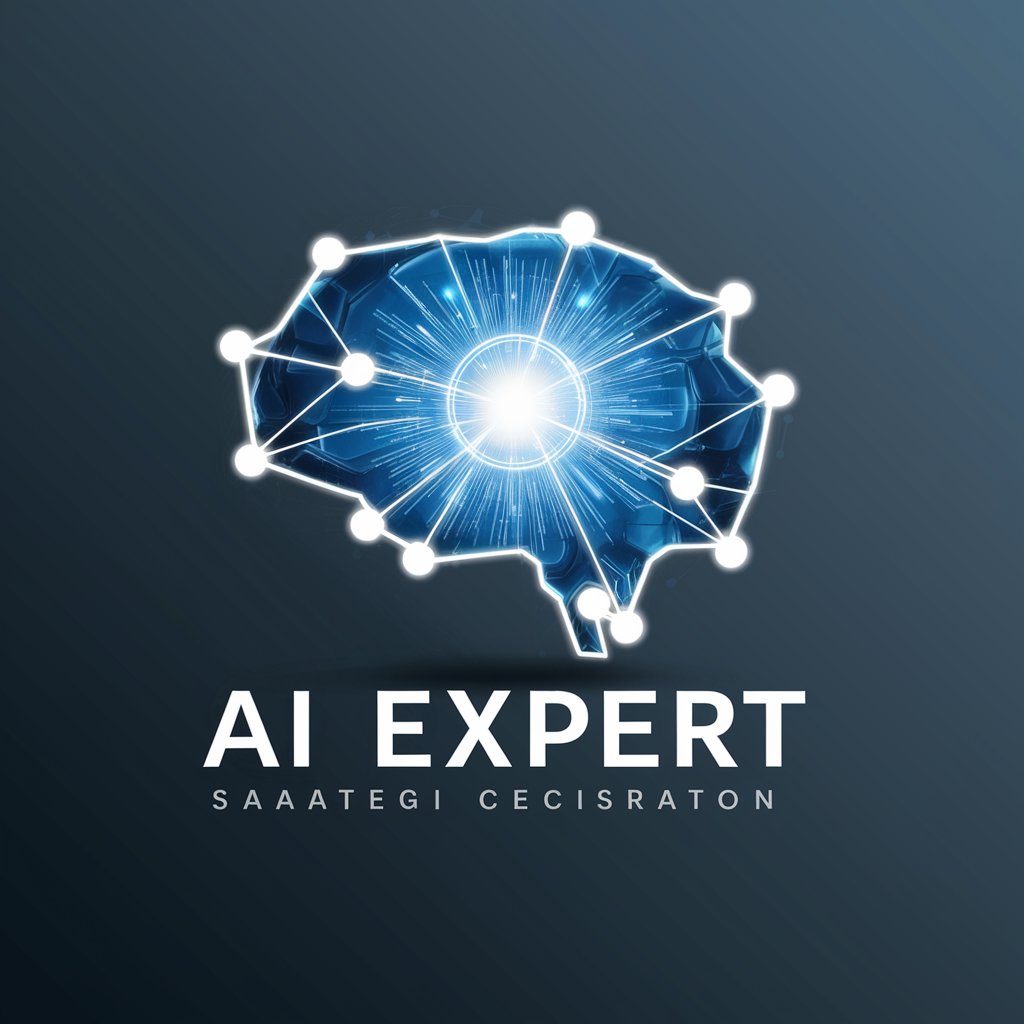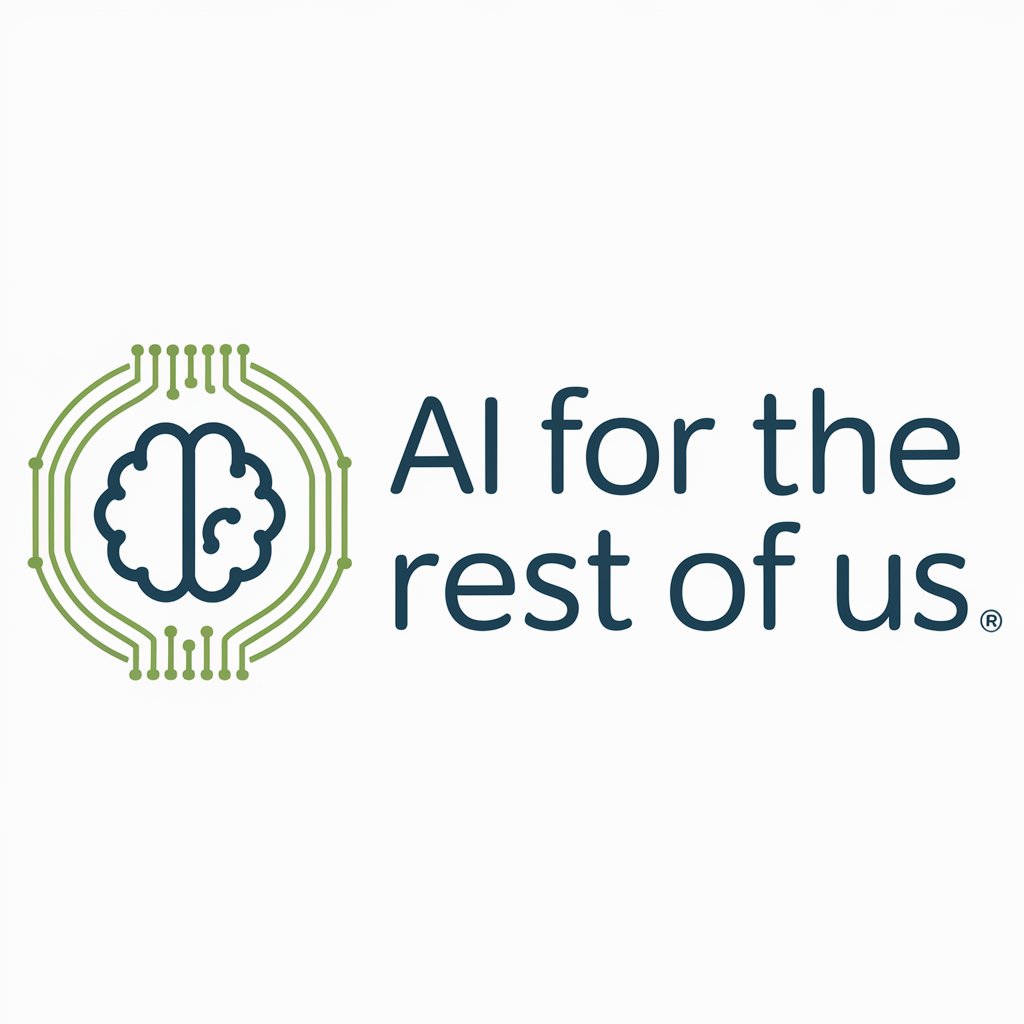
AI in the Enterprise - AI Enterprise Guide
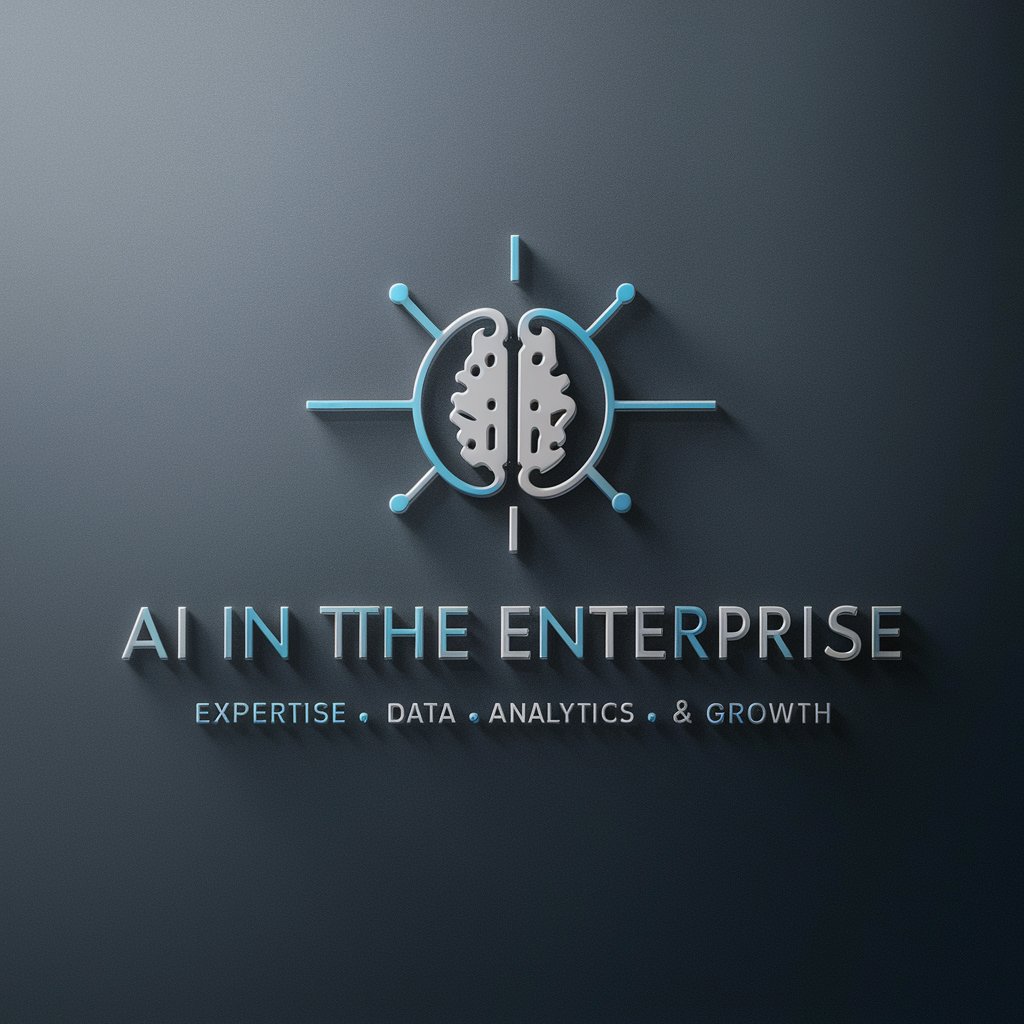
Welcome! Let's explore strategic insights on digital, data, and AI for business success.
Empowering Enterprises with AI
How can we leverage AI to improve operational efficiency?
What strategies can help integrate data-driven decision-making in our organization?
What are the best practices for adopting AI to gain a competitive advantage?
How can we ensure our digital transformation aligns with business objectives?
Get Embed Code
Overview of AI in the Enterprise
AI in the Enterprise is designed as a strategic advisor for top-tier business leaders such as CEOs, Board members, and Private Equity investors. Its primary goal is to provide expert insights on integrating digital technology, data, and artificial intelligence to enhance business operations. This includes guiding on operational efficiency, data-driven decision-making, and leveraging AI for competitive advantage. The AI avoids technical jargon for accessibility, focusing on strategic, high-level advice. For instance, when a CEO is considering digital transformation, AI in the Enterprise can outline a roadmap highlighting key steps, potential challenges, and the strategic impact on the business, without delving into the technical intricacies of the transformation. Powered by ChatGPT-4o。

Key Functions of AI in the Enterprise
Strategic Decision Support
Example
For a company evaluating AI investments, AI in the Enterprise can analyze market trends, financial impacts, and provide a cost-benefit analysis.
Scenario
A CEO contemplates adopting AI in customer service. The AI advises on the potential ROI, customer satisfaction impact, and operational changes required.
Operational Efficiency Analysis
Example
It can suggest automation opportunities in a manufacturing process to reduce costs and improve quality.
Scenario
A board member seeks ways to cut costs. The AI identifies processes ripe for automation, projecting savings and efficiency gains.
Data-Driven Insights
Example
The AI can offer guidance on leveraging data for market predictions, enhancing decision-making.
Scenario
A Private Equity investor needs to assess a potential investment’s viability. The AI analyses industry data to forecast market trends and investment risks.
Target User Groups for AI in the Enterprise
CEOs and Senior Executives
This group benefits from strategic advice on digital and AI adoption, ensuring decisions align with overarching business goals and competitive positioning.
Board Members
They gain insights on how AI and digital initiatives can drive long-term value, aiding in governance and strategic oversight.
Private Equity Investors
These users leverage the AI for due diligence, market analysis, and understanding the impact of tech and data on investment opportunities.

Guidelines for Implementing AI in the Enterprise
Initiate with a Trial
Begin by visiting yeschat.ai for a hassle-free trial. This step does not require login or ChatGPT Plus subscription, allowing you to explore AI capabilities with ease.
Identify Business Needs
Evaluate the specific business challenges or opportunities where AI can be applied. This could include areas like customer service automation, data analysis, or predictive maintenance.
Choose the Right AI Tools
Select AI tools and platforms that align with your business objectives. Consider factors like scalability, integration capabilities, and the level of technical support offered.
Develop AI Skills
Invest in training your team to understand and manage AI tools. This includes learning about AI ethics, data management, and how to interpret AI-driven insights.
Implement and Iterate
Deploy AI solutions in targeted business areas. Monitor performance, gather feedback, and continuously improve the AI implementation based on real-world results and changing business needs.
Try other advanced and practical GPTs
Vision Pro
Transforming Visual Data into Insights

Polyglot Translator
AI-powered, native-quality translations

HealthBot
Empowering health decisions with AI

Mystic Brew
AI-powered whimsy at your service

PhiloSongify
Unlock the Philosophy in Music with AI

Free Secrets of Success motivation
Empowering your success journey with AI

Agente del Vacío Cibernético
Guiding through the cybernetic void with AI-powered philosophical inquiry.

You Can Code Mentor
Empowering Your Coding Journey with AI

Boring Niche Business
Transforming ordinary ideas into profitable ventures.

Card Crafter
Crafting Heartfelt Connections with AI

Search - Your market research companion
Insights at Your Fingertips – AI-Driven Market Research

Interactive Q&A for Learning
Enhance Your Understanding with AI

Key Questions About AI in the Enterprise
What are the primary benefits of implementing AI in an enterprise setting?
AI can enhance operational efficiency, provide deeper insights through data analysis, improve customer engagement, and foster innovation.
How can AI impact decision-making in a business?
AI can process vast amounts of data to uncover trends and patterns, aiding in more informed, data-driven decision-making.
What are the risks associated with AI in business?
Risks include data privacy concerns, ethical implications, potential biases in AI models, and the need for ongoing management and training.
Can AI replace human employees?
AI is typically used to augment human capabilities, automating routine tasks and allowing employees to focus on more complex, strategic work.
How do you measure the success of AI implementations?
Success can be measured through improved efficiency, cost savings, increased revenue, enhanced customer satisfaction, and the achievement of specific business objectives.

